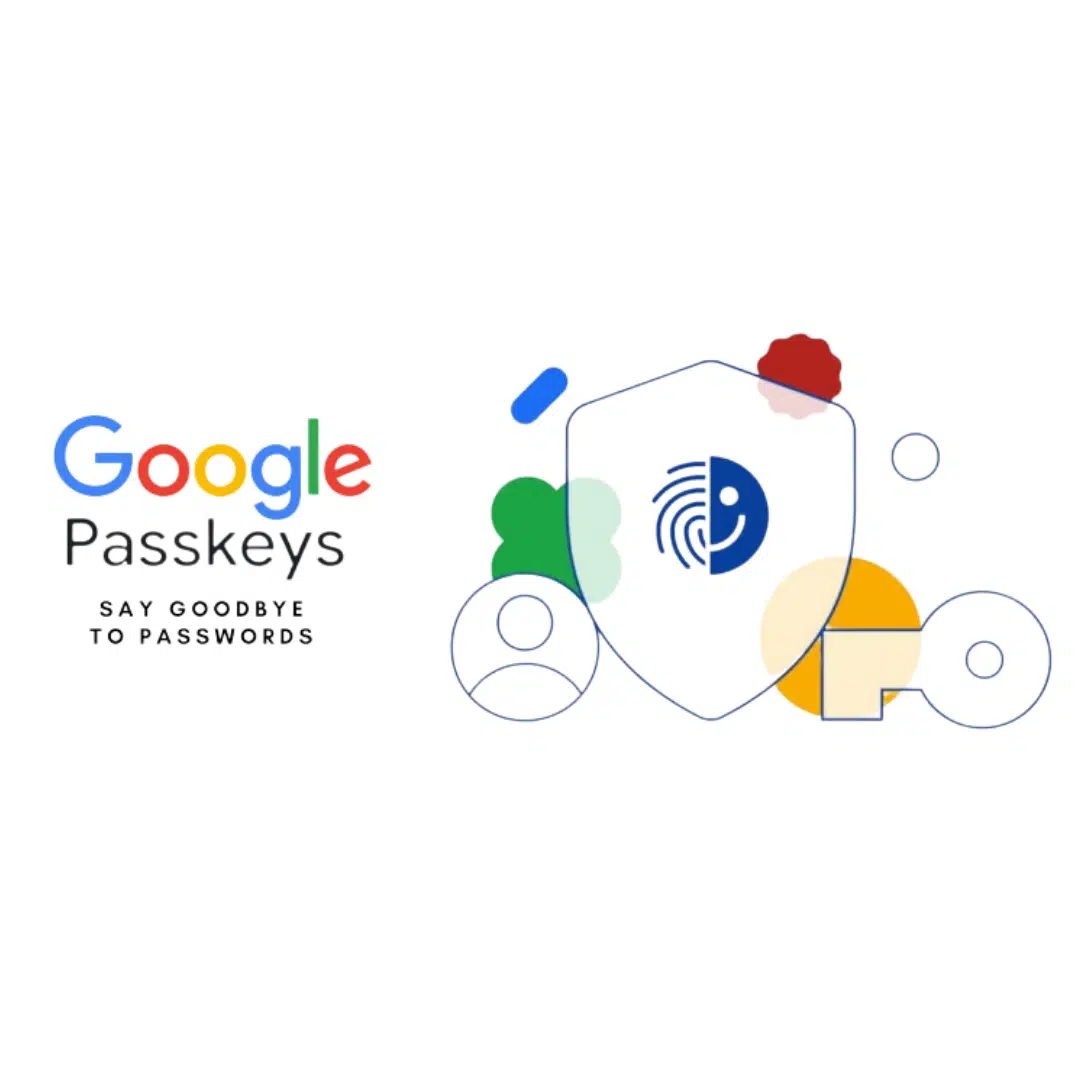

The digital age has brought with it an influx of data sharing and online transactions. As we navigate this interconnected realm, the web browser stands as our primary interface with the World Wide Web. Given the sensitive information we input and share, browser security is paramount. In this piece, we’ll delve into the security features of five popular web browsers: Edge, DuckDuckGo, Google Chrome, Firefox, and Brave.
Microsoft’s Edge browser, which succeeded Internet Explorer, has come a long way in terms of both functionality and security. Built on the Chromium engine, it has some advantages:
This feature helps protect users by blocking reported phishing and malware sites.
Edge runs web pages in isolated containers, which limits the potential damage if an exploit occurs.
Edge also provides tracking prevention features which block trackers from sites not visited, ensuring more privacy.
While DuckDuckGo is best known for its search engine, its mobile browser has gained traction due to its commitment to user privacy:
Unlike other browsers that collect and sell user data, DuckDuckGo doesn’t store personal information.
The browser uses its proprietary technology to force sites to use encrypted connections when available.
It also blocks third-party trackers by default.
Arguably the most popular browser in the world, Google Chrome has a robust set of security measures:
Google’s vast index of unsafe sites warns users if they’re about to visit a phishing or malware site.
Chrome’s rapid update cycle ensures that security patches are delivered promptly.
Each tab in Chrome is sandboxed, which means it runs in a separate process. This prevents malicious code on one page from affecting others or the host system.
However, Chrome has faced criticism for its data collection practices, which can be a privacy concern for many users.
Mozilla’s Firefox has been a favourite for those who prioritise both functionality and security:
By default, Firefox blocks many trackers, improving loading speed and user privacy.
This add-on prevents Facebook from tracking user activity on other sites.
Being open source, Firefox’s code is publicly available. This transparency means it can be reviewed and audited by security researchers worldwide.
A relatively new entrant, Brave has made waves due to its unique approach to ads and trackers:
Brave blocks ads and trackers by default, which not only enhances privacy but also improves loading speeds.
This feature allows users to see and control the data being accessed by sites.
For advanced privacy, Brave offers private tabs using Tor, which ensures anonymity.
Winner: DuckDuckGo and Brave stand out due to their stringent data protection practices and built-in tracker blocking. While Firefox also offers robust privacy features, DuckDuckGo’s primary mission is user privacy, and Brave’s innovative ad model is a game-changer.
Winner: All browsers have their strengths, but Chrome and Edge’s frequent updates, along with their sandboxing and SmartScreen (for Edge), respectively, make them particularly secure against malicious threats. Firefox’s open-source nature also means that it is consistently reviewed for vulnerabilities.
Winner: Chrome is known for its smooth user experience, but its resource-heavy nature can be a con for some. Brave, with its ad-blocking, tends to speed up webpage loading times significantly.
There isn’t a one-size-fits-all answer when it comes to browser security. The best choice often depends on individual priorities. If privacy is your main concern, DuckDuckGo or Brave might be your go-to. For those who value frequent updates and established reputations, Chrome or Edge might be preferable. Lastly, those who appreciate open-source software, and a balance of features will find Firefox to their liking.
Always remember, no matter which browser you use, staying updated, employing strong, unique passwords, and exercising caution online are foundational practices to ensure security. LeadOn Design, web design, digital marketing and cyber security agency in Australia, will provide you with the best cyber security solutions to stay safe in the vast digital world.


